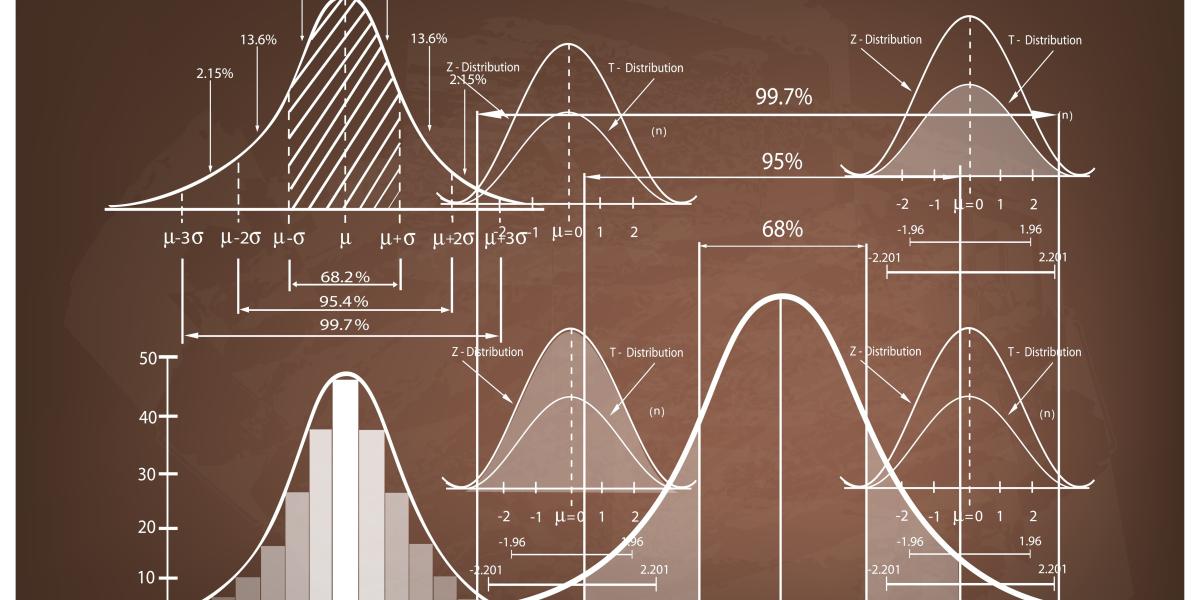The more research I have done on economic statistics, appreciating the practical challenges, the less certain I am that we know anything solid about today’s economy.
–Diane Coyle, The Measure of Progress: Counting What Really Matters, (page 29)
It would be nice to have definitive measures of economic progress. We would like to know whether progress is faster in one country than in another. We would like to know whether progress was faster in one period of time than in another. We would like to know how different policies and institutional arrangements affect progress.
Diane Coyle has spent decades doing research on the problem of measuring progress. Her experience and her thought process make her work, The Measure of Progress: Counting What Really Matters, a valuable treatise.
The most commonly used indicator is Gross Domestic Product, reported either as a total amount or on a per capita basis. But GDP data are often quoted in the press or used by economists without much consideration of the problems in constructing the estimates.
To start with, consider a simple economy that produces wheat and automobiles. We can measure the bushels of wheat harvested and the number of automobiles manufactured. Suppose that we want to compare total output last year relative to the previous year. We attach a value to a bushel of wheat and a value to an automobile, based on market prices for the two goods. We multiply yearly wheat production by its value and yearly automobile production by its value. Then we sum these values to arrive at GDP. There are some issues with how to get from market prices to relative values, especially if market prices change from year to year. We want to try to determine the extent to which price changes reflect purely monetary inflation. But these issues are relatively minor.
A major difficulty is that important sectors of the economy provide goods and services that are not as readily measurable as bushels of wheat or number of automobiles. How do you measure the amount of health care services, or the amount of banking services, or the amount of education provided by colleges? Today, agriculture and manufacturing, which are the most measurable sectors, account for much less of economic activity compared to the 1940s, when GDP statistics were first being developed.
In 1947… about half the economy was measurable, by 1990 less than a third, and by 2019 less than a quarter, or more likely only about a fifth….
The structure of the leading economies has changed so much in the last nine decades that the [GDP] framework is a distorting lens, or even a set of blinkers. A new one is needed. (pages 14-15)
In a chapter called “Value,” Coyle points out that the measurable sector of the economy consists of goods and services for which we can observe quantity, quality, and prices. For many consumer online activities, we do not observe quantity. For rapidly-changing consumer items, such as smart phones, it is difficult to assess improvements in quality. And in the digital world, where much is provided for free, we do not observe prices. And for many items, prices are artificial: hospital charges, college tuition, and the imputed rent of housing services.
To attempt to assess quality, we can think of a product as a bundle of goods. For example, a car’s bundle includes its durability, its fuel efficiency, its styling, its seating capacity, and its amenities. In theory the value of each portion of the bundle can be calculated and the overall bundle can be valued by addition. But consider how fraught this calculation is when trying to value a smart phone. The bundle includes a camera, telecommunication services, a computer, and many apps. Or consider the bundles offered by companies that provide telecommunications services, either cable to the home or wireless.
In the United States and other Western countries, since at least the early 1970s, there has been a slowdown in the rate of progress as measured by GDP. Coyle points out that most economists see this slowdown as genuine, and they offer various explanations for it. But it remains a puzzle on which the data do not shed much light.
I now think that the exploration of productivity at either firm or sector level will not make much progress…. The reason is that the data available is being asked to bear an impossible weight….
It might be that part of the productivity puzzle is a problem of overstated deflators that lead to underestimates of the value of new and better goods and services. (pages 53-54)
The GDP calculations assume that, apart from durable goods such as automobiles that provide services over time, consumption is instantaneous. But the dimension of time has increased in importance.
For many digital goods and services the monetary price of consumption is often zero, but time and attention are required. (page 66)
This confounds normal ways of measuring the cost of consumption. There is no process for collecting information on the time cost of a consumer item, and in any case this differs among consumers.
“Among other things, this shows that in order to tell whether the standard of living has improved, we need to know how different people weigh the importance of different goods in their lives.”
Another way that time enters measures of progress is to consider how much a typical person must work in order to purchase various goods. On page 194, Coyle lists some examples for the United Kingdom in 2019 relative to 1990. In 2019, the number of hours worked to buy a refrigerator had fallen in half, but the number of hours worked to buy a movie ticket had tripled. Among other things, this shows that in order to tell whether the standard of living has improved, we need to know how different people weigh the importance of different goods in their lives.
Coyle is concerned with how the consumption of natural resources affects living standards, especially going forward.
The world is increasing its demand on natural resources in absolute terms. Ed Conway’s Material World (2023) highlights the growth in the human planetary footprint: “In 2019, the latest year at the time of writing, we mined, dug and blasted more materials from the earth’s surface than the sum total of everything we extracted from the dawn of humanity all the way through to 1950″…. Put starkly, we are progressively deforesting and concreting the earth. (page 205)
I should point out that this alarmist view is contestable. In a 2015 white paper entitled “Nature Rebounds,” Jesse Ausubel pointed to signs of greater efficiency in food production and distribution’ This was leading to American farmland being returned to wilderness. And in their book Superabundance, Marion L. Tupy and Gale L. Pooley point out that the prices of raw materials have been declining, which would indicate that we are not using them up at an unsustainable rate.
Coyle suggests that the concept of capital should be expanded to include six types of capital:
… physical or produced capital and human, natural, social, institutional, and knowledge/intangible capital. (page 212)
I agree that all of these elements are important for prosperity. But I am skeptical of her “comprehensive wealth” concept, because I do not see arriving at a nation’s wealth by measuring these elements and employing simple addition. For example, a nation’s institutions affect the productivity of all its other types of capital in a highly nonlinear way.
In her concluding chapter, Coyle suggests that,
… a time-use accounting framework alongside the measurement of comprehensive wealth provides a holistic approach to understanding progress: How efficiently do societies use all the resources available to them to produce and consume activities and products of value? How sustainable is this activity—are we serving our own well-being by depleting the resources or capabilities available to future generations? (page 258)
I came away not convinced by this. Instead of trying to find a better answer to the questions about economic progress, I would suggest thinking more carefully about the questions. Different questions may require different indicators.
For more on these topics, see
It is probably inevitable that progress will mean different things to different people. That suggests that we ought to be skeptical of the project of coming up with a single measure of progress. Instead, we can pay attention to a variety of anecdotes and indicators. And then we can expect people to argue over what these observations imply.


























